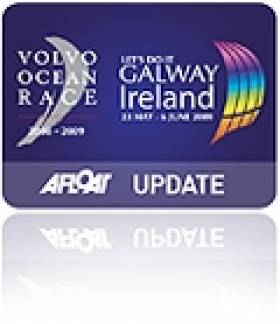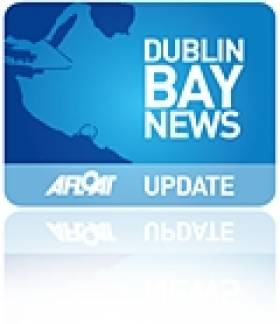Displaying items by tag: route
Piracy Threat Forces Volvo Ocean Race Route Change
The escalating piracy problem in the Indian Ocean has forced organisers of the Volvo Ocean Race 2011-12 to redraw the routes for the second and third legs.
The boats were due to have sailed through an East African corridor in the Indian Ocean on the second leg from Cape Town to Abu Dhabi and again in the third leg from Abu Dhabi to Sanya in China but after taking advice from marine safety experts and the sport's governing body, the International Sailing Federation (ISAF), the routes have been changed.
The boats will now race from Cape Town to an undisclosed 'safe haven' port, be transported closer to Abu Dhabi, and then complete the leg from there. The process will be reversed for the third leg before the race continues on to Sanya.
"This has been an incredibly difficult decision," said Volvo Ocean Race Chief Executive Knut Frostad. "We have consulted leading naval and commercial intelligence experts and their advice could not have been clearer: 'Do not risk it.'
"The solution we have found means our boats will still be racing into Abu Dhabi and competing in the in-port race there.
"Abu Dhabi is a very important part of our plans, a real highlight being the race's first-ever stopover in the Middle East, and we will now have a really exciting sprint finish to the emirate over the New Year period as well."
Abu Dhabi will host the race from December 30 to January 14 with a purpose-built race village at its Corniche waterfront site and a headline New Year's Eve concert amongst various festivities set to provide a spectacular welcome to more than 100,000 visitors.
"The measures taken by the Volvo Ocean Race are very much in line with the advice that the International Sailing Federation has been giving for some time." said ISAF Secretary General Jerome Pels. "The ISAF strongly urges all yacht skippers intent on sailing anywhere in the area to seek an alternative, which the Volvo Ocean Race is now providing."
Dun Laoghaire Harbour Invites Public's Views on Masterplan
The Dun Laoghaire Harbour Company has invited the public to submit their ideas about the future of the harbour. A masterplan is to be developed so to address the changing emphasis of the harbour from a commercial harbour to a recreational harbour and the impact of change in the profile of ferry sailings on the Dún Laoghaire - Holyhead route. For further details please logon HERE In addition a map of the harbour, showing the extent of the area concerned.






























































